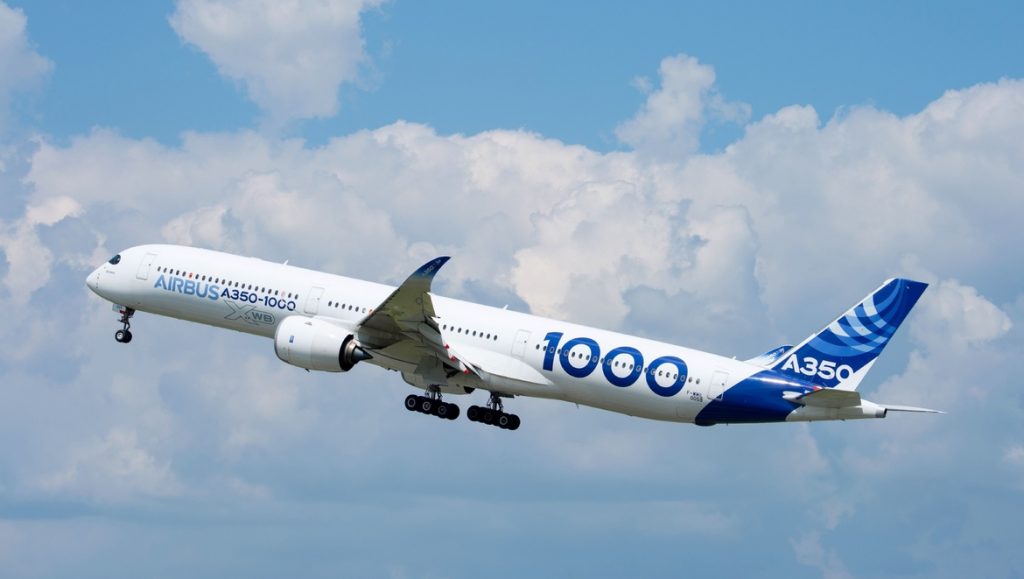
Airbus has again flagged that it may look into the development of a freighter variant of its A350 aircraft, and noted it intentions to end the dominance of rival Boeing’s in the cargo aircraft market.
CEO Gauillaume Faury admitted that Airbus “traditionally has been weak” in the cargo segment, likely referencing its underwhelming A330-200F.
“We do not like the idea to remain weak in that segment in the future. I think we have the right product to be able to be more aggressive in that market,” Faury said.
The chief executive remained vague on details, including what ‘product’ he means or the potential time frame of such a product.
“When it comes is not yet defined,” he acknowledged while stressing again, he believes it is “not healthy to have only one player exclusively in a segment that is actually very significant and has been resisting well in the pandemic”.
Last month, rumours began to swell that Airbus had started gauging customer interest in a potential freighter version of its A350 passenger airliner.
The proposed A350-950F would fit between the A350-900 and the larger A350-1000 in size.
The development of the A350 derivative for freighter use would cost an estimated $2-3 billion, and Airbus would need to secure orders for 50 aircraft before launching the program.
While Airbus has seen some success in its A330 and A321 passenger to freighter (P2F) programs, particularly in the last year, the launch of its only purpose-built freighter jet, the A330-200F program, received less enthusiasm.
The planemaker has delivered just 38 A330-200F jets since 2010, and has no outstanding orders for the freighter plane.
The news comes as Airbus recorded a first-quarter profit of €362 million.
The strong result was driven by new orders for 39 new commercial aircraft orders and 40 helicopters, including two Super Puma Family rotorcraft and one H160. Meanwhile, its defence and space division’s order value was €2 billion.
“The good Q1 results mainly reflect our commercial aircraft delivery performance, cost and cash containment, progress with the restructuring plan as well as positive contributions from our helicopter and defence and space activities,” said Airbus CEO Guillaume Faury.
“The first quarter shows that the crisis is not yet over for our industry, and that the market remains uncertain. We are investing in innovation and in the transformation of our company to deliver on our long-term ambitions across the portfolio.”
The planemaker also announced it had delivered 125 aircraft in the quarter, including nine A220s, 105 A320s, one A330 and 10 A350s.
Additional reporting by Airlinerwatch.




